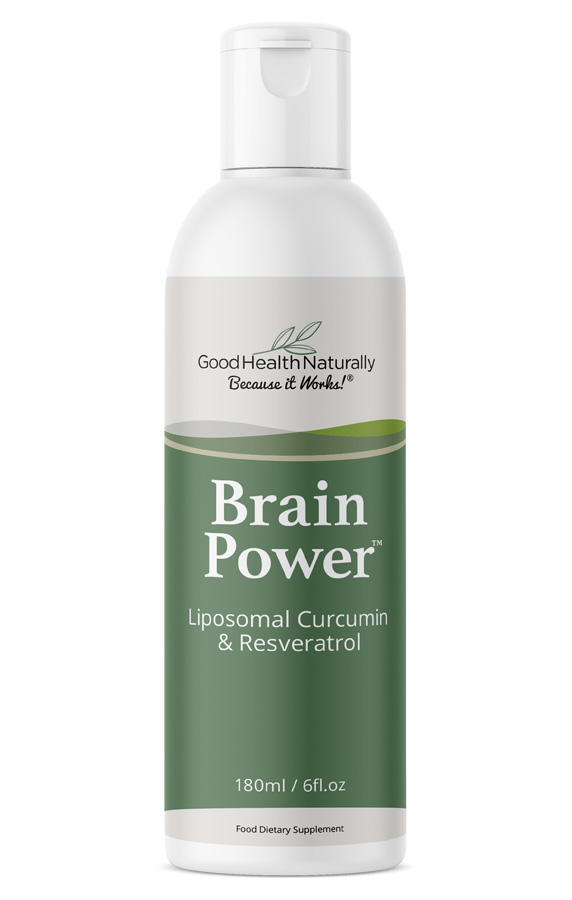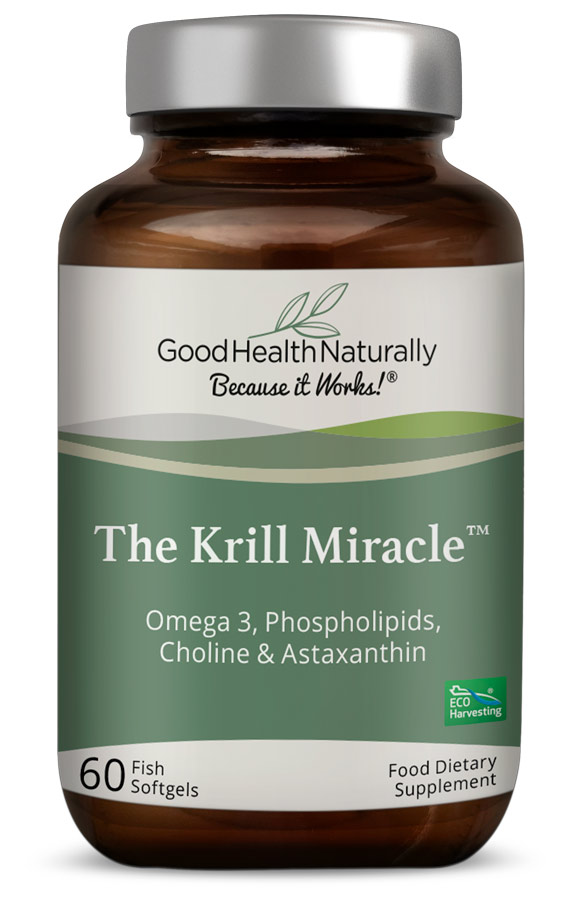Hardly a week goes by without some mention of dementia hitting the headlines, from stories about a new drug or risk factor to a celebrity diagnosis or the dementia choir. It is now the seventh leading cause of death around the world and one of the major causes of disability and dependency among older people. Every year, Dementia Awareness Week is observed in May to raise awareness of the challenges surrounding living with Alzheimer’s and dementia. In this article, we’ll examine dementia in more detail and explore healthy habits that can help keep your brain healthy and reduce the risk of cognitive decline.
What the Figures Show
Globally, there are more than 55 million people with dementia. The most common is Alzheimer’s disease, which accounts for 60–70% of cases. Other forms include vascular and Lewy body dementia. It may also develop after a stroke, infection, alcohol abuse, repetitive physical injuries to the brain or nutritional deficiencies. Women are disproportionately affected. They are more likely to be diagnosed with a form of dementia, and they provide 70% of care hours for people living with it.
While the statistics paint a gloomy picture, it is worth noting a scientific paper published in 2020 stated around 35% of dementia cases could be attributable to modifiable risk factors. These include obesity, diabetes, high blood pressure, heart disease, stroke, depression, loneliness, hearing loss, smoking or lack of exercise. The great news is that simple diet and lifestyle changes can address some of these issues. It is never too early or too late to take action to try and keep your brain healthy.
Signs of Failing Cognition
Early indicators of diminishing brain health include forgetfulness, poor problem-solving, inability to find the right words, difficulty understanding instructions or directions and feeling overwhelmed about making decisions and plans.
Cognitive function peaks in our twenties, and a rapid decline often occurs in our sixties. Many people notice a natural deterioration in memory and thinking as they age. Symptoms of mild cognitive impairment are believed to affect between 10 and 20% of people aged over 65. These difficulties tend not to get in the way of day-to-day life but can be noticed by family and friends. But for some people, the symptoms may get worse and develop into dementia. It is commonly accompanied by changes in mood, emotional control, behaviour or motivation.
Key Contributors to Cognitive Decline
All kinds of things have been linked to cognitive decline, including depression, poor eyesight, failing hearing, nutrient deficiencies, obesity, type 2 diabetes and thyroid problems. Plus, lifestyle choices like smoking, drinking too much alcohol and lack of physical exercise.
Genetics, such as the hereditary APOE-e4 variant, can increase the risk of developing Alzheimer’s Disease. But it is always worth remembering that while genetics sets the stage for brain health, many diet and lifestyle interventions can help improve and maintain cognitive fitness.
More recently, concern is growing that exposure to certain pesticides and toxins may contribute to cognitive decline. Therefore, to keep your brain healthy, it is essential to be aware of all these factors and make appropriate diet and lifestyle changes.
A Metabolic Disease
In 2014, Dr Dale Bredesen, a leading American neurologist, published a ground-breaking paper showing, for the very first time, a reversal in cognitive decline in patients in the early stages of Alzheimer’s Disease. He was not trialling a ‘wonder drug’ but using a therapeutic programme focusing almost exclusively on diet and lifestyle, and participants noticed changes in just three to six months.
He described cognitive decline as ‘a metabolic disorder that is making your brain sick, at least in the early stages, and it is nutrition and lifestyle that will mend it.’ He identified multiple underlying factors that must be addressed to help keep your brain healthy. These included diet changes, nutritional supplements, brain stimulation, exercise, sleep optimisation, and specific pharmaceuticals.
Lifestyle Interventions
The following year Finnish scientists produced the results of a two-year study, which further supported the idea that nutrition, exercise and mental stimulation are key to helping keep your brain healthy and may help prevent cognitive decline. There were 1,260 participants aged 60-77. Half followed the plan, encouraging a high consumption of fruit and vegetables, low sugar, at least two portions of fish per week or fish oil supplements. Plus, exercise to improve strength, balance, and aerobic fitness, along with brain training and social activities. Those in the intervention group experienced improved or maintained cognitive function 25-150% better than the control group.
Diet and Lifestyle Tips to Keep Your Brain Healthy
Watch What You Eat
A correlation has been found between diets high in refined, processed carbohydrates and worsening symptoms of cognitive decline. This type of food generally lacks nutrients and is often referred to as “white” carbs and “bad” fats. Eating large amounts of processed foods can impair the body’s ability to regulate insulin, which is important for cognitive function and memory. Additionally, “white” carbs and “bad” fats promote inflammation and oxidative stress in the brain, two factors that can significantly contribute to cognitive decline.
Instead, nourish the brain by eating a rainbow of fruit and vegetables, healthy fats like avocados, coconut and olive oil, and protein from nuts, seeds, legumes, and oily fish. The Mediterranean-DASH Intervention for Neurodegenerative Delay (MIND) diet is an excellent option to keep your brain healthy. It combines elements from the DASH and Mediterranean diets, which are believed to be the most important in optimising cognition. The emphasis is on natural plant-based foods, with limited animal and high saturated fat. It specifies the consumption of whole grains, nuts, berries, and vegetables, especially leafy greens and fish. A study has shown the diet lowered the risk of Alzheimer’s Disease by as much as 53 per cent for those who stuck to it rigorously and about 35 per cent for those who followed it moderately.
B Vitamins
Ensure you get enough B vitamins each day to keep your brain healthy. Especially B6, B12, and folate, which help lower harmful levels of homocysteine in the blood. This amino acid is produced in the body when it breaks down dietary proteins. If there aren’t enough of these essential B vitamins, they won’t be recycled, and levels will build up. Homocysteine is often elevated in people suffering from poor cognition. If following a vegan or vegetarian diet, it is important to consider supplementing with B12, as it is mainly found in animal products.
Good Fats
Omega-3 fatty acids found in oily fish, nuts and seeds have been widely studied for their potential to keep your brain healthy. Don’t forget the brain is actually 60% fat. Brain cells need omega-3 in their membranes to help them communicate with other cells. Additionally, they can help reduce inflammation in the brain, which is associated with improved cognitive performance and mental health. Multiple studies show that reduced levels of omega-3 are associated with an increased risk of cognitive decline. Dietary consumption or supplementation appears to protect against dementia.
Plant Power
Compounds known as polyphenols have shown great potential as neuroprotectors. In particular, curcumin, derived from the Indian spice turmeric, resveratrol found in grapes, blueberries, raspberries, red wine, dark chocolate, and catechins in green tea.
They have powerful anti-inflammatory and antioxidant properties and may help delay the degradation of brain cells. To keep your brain healthy, make sure there is an abundant supply in your diet or choose a supplement.
Sunshine Vitamin
The brain is full of receptors for Vitamin D, and a deficiency has been linked to cognitive impairment. Adequate vitamin D levels have been linked to better mental sharpness and focus in adults over 65. The best source comes from the sun, and without supplementation, particularly during the winter months, most people living in the UK can become deficient in this vital vitamin.
Gut Connection
Research also shows that brain health is strongly connected to the gut through the gut/brain axis. To keep your brain healthy, it is important to support the microbiome and include plenty of fermented foods, fibre, and prebiotic vegetables such as artichoke, leek, apple, garlic, and onion. Probiotics can be useful, too.
Use It or Lose It
To keep your brain healthy, you need to keep it active. It really is a case of use it or lose it. So, stimulate it with activities such as reading, crosswords, and sudoku, learn an instrument or another language, and ensure plenty of social interaction with friends, groups, and societies. Frequent engagement with other people helps slow down cognitive decline.
Physical exercise is important, too. It increases blood flow to the brain. Studies show that regular exercise can even improve cognitive function in people who already have memory problems.
Don’t Skip Sleep
Consistent, good-quality sleep is essential. It is a crucial time for neurological processing and memory formation. If we do not get enough sleep, it can disrupt these vital processes. Studies have linked disturbed sleep to cognitive impairment in older adults. So aim for at least seven hours a night to keep your brain healthy.
To Conclude
In a world where cognitive decline and dementia are becoming increasingly worrying concerns, it is worth remembering that there is so much you can do to try and keep your brain healthy. From staying active with physical exercise and mental stimulation to ensuring your brain gets all the nourishing nutrients it needs, it is never too late to take some action.
Product Recommendations
REFERENCES
https://www.who.int/news-room/fact-sheets/detail/dementia
http://orca.cf.ac.uk/100175/1/Treatments%20in%20Alzheimers.pdf
https://www.ncbi.nlm.nih.gov/pmc/articles/PMC4221920/
http://www.thelancet.com/journals/lancet/article/PIIS0140-6736(15)60461-5/fulltext
https://alzres.biomedcentral.com/articles/10.1186/s13195-020-00661-y
https://www.ncbi.nlm.nih.gov/pmc/articles/PMC3705810/
https://www.ncbi.nlm.nih.gov/pmc/articles/PMC7199507/
https://www.ncbi.nlm.nih.gov/pmc/articles/PMC3705810/
https://pubmed.ncbi.nlm.nih.gov/19523795/
https://www.ncbi.nlm.nih.gov/pmc/articles/PMC2781139/
https://www.frontiersin.org/articles/10.3389/fnagi.2020.00103/full
http://jamanetwork.com/journals/jama/fullarticle/194636
http://www.sciencedirect.com/science/article/pii/S0969996112002264
https://www.ncbi.nlm.nih.gov/pmc/articles/PMC4323377/
https://www.ncbi.nlm.nih.gov/m/pubmed/11425934/








